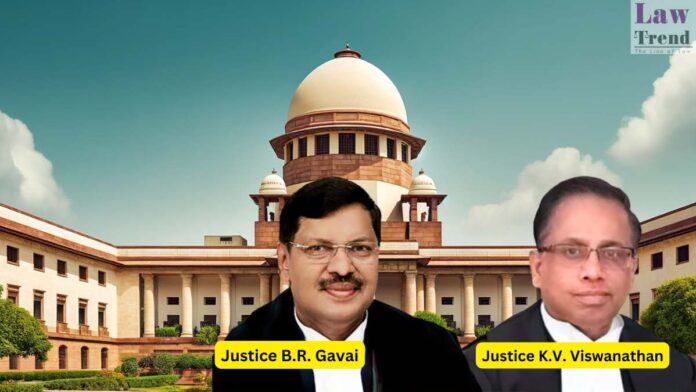In a pivotal judgment that upholds the rights of persons with disabilities, the Supreme Court of India has quashed the denial of admission to an MBBS aspirant with locomotor and speech disabilities, declaring the existing medical guidelines discriminatory and “reeking of ableism.” The judgment, delivered by a Bench comprising Justice B.R. Gavai and Justice K.V.
To Read More Please Subscribe to VIP Membership for Unlimited Access to All the Articles, Download Available Copies of Judgments/Order, Acess to Central/State Bare Acts, Advertisement Free Content, Access to More than 4000 Legal Drafts( Readymade Editable Formats of Suits, Petitions, Writs, Legal Notices, Divorce Petitions, 138 Notices, Bail Applications etc.) in Hindi and English.




